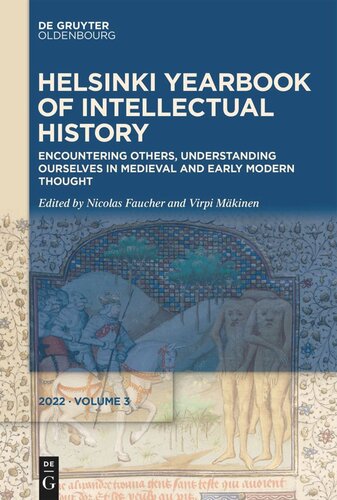

Most ebook files are in PDF format, so you can easily read them using various software such as Foxit Reader or directly on the Google Chrome browser.
Some ebook files are released by publishers in other formats such as .awz, .mobi, .epub, .fb2, etc. You may need to install specific software to read these formats on mobile/PC, such as Calibre.
Please read the tutorial at this link: https://ebookbell.com/faq
We offer FREE conversion to the popular formats you request; however, this may take some time. Therefore, right after payment, please email us, and we will try to provide the service as quickly as possible.
For some exceptional file formats or broken links (if any), please refrain from opening any disputes. Instead, email us first, and we will try to assist within a maximum of 6 hours.
EbookBell Team

4.3
18 reviewsRecent research has challenged our view of the Abrahamic religious traditions as unilaterally intolerant and incapable of recognizing otherness in all its diversity and richness; but a diachronic and comparative study of how these traditions deal with otherness is yet to appear.
This volume aims to contribute to such a study by presenting different treatments of otherness in medieval and early modern thought. Part I: Altruism deals with attitudes and behaviors that benefit others, regardless of its motives. We deal with the social rights and emotions as well as the moral obligations that the very existence of other human beings, whatever their characteristics, creates for a community. Part II: Religious recognition and toleration considers identity, toleration and mutual recognition created by the existence of religious or ethnic otherness in a given social, religious or political community. Part III: Evil deals with religious otherness that is considered evil and rejected such as heretics and malevolent, demonic entities.
The volume will ultimately inform the reader on the nature of religious toleration (including beliefs and doctrines, even emotions) as well as of the self-definition of religious communities when encountering and defining otherness in different ways.